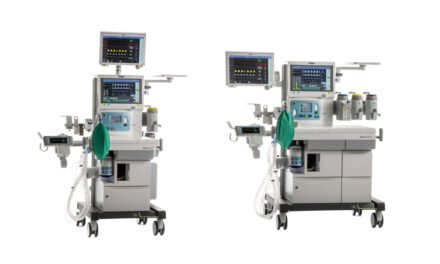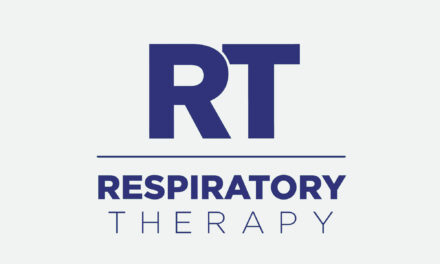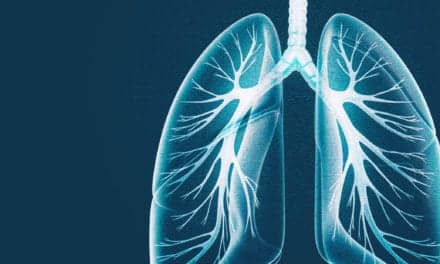Sleepnet Corp initiated a worldwide recall for all CPAP and BiPAP masks with magnets due to potential interference with certain medical devices, according to an FDA recall alert.
According to the FDA, when a magnet comes into close proximity to certain medical implants or metallic implants, it could interfere with the performance or the position of the implant, potentially resulting in serious injury or death.
Sleepnet has been distributing masks with magnets worldwide since 2006 and to date, there have been no Medical Device Reports associated with the Sleepnet masks with magnets. This is a voluntary action based on information obtained from post market surveillance, the FDA says.
Affected products include:
- Mojo Full Face Vented Mask
- Mojo Full Face Non‐Vented Mask
- Mojo 2 Full Face Vented Mask
- Mojo 2 Full Face Non‐Vented Mask,
- Mojo 2 Full Face AAV Non‐Vented Mask,
- iQ 2 Nasal Mask, and
- Phantom 2 Nasal Mask.
- This is applicable to all lot/UDI numbers.
If a patient or anyone (example: household members, bed partners, caregivers, etc.) in close physical contact with the mask has an active medical implant or metallic implant that will interact with magnets, these masks with magnets should not be used.
Implant examples include, but are not limited to, pacemakers, implantable cardioverter defibrillators (ICD), neurostimulators, aneurysm clips, metallic stents, ocular implants, insulin/infusion pumps, cerebral spinal fluid (CSF) shunts, embolic coils, metallic splinter, implants to restore hearing or balance with implanted magnets (such as cochlear implants), flow disruption devices, contact lenses with metal, dental implants, metallic cranial plates, screws, burr hole covers, bone substitute device, magnetic metallic implants/electrodes/valves placed in upper limbs , torso, or higher, etc.
Sleepnet masks with magnets are safe when used in accordance with the newly updated Instructions for Use. Continue using masks according to the updated instructions and labeling if patients or people in close proximity to them do not have implanted metallic medical devices or metallic objects in the body.
Sleepnet is adding a new contraindication and an updated warning to the Instructions for Use labeling of the affected products. This will be included in the labeling for all future production of these masks. The labeling will be updated to state the following:
New Contraindication
Do not use this mask if you or anyone (example: household members, bed partners, caregivers, etc.) in close physical contact with your mask has an active medical implant or metallic implant that will interact with magnets. Implant examples include, but are not limited to, pacemakers, implantable cardioverter defibrillators (ICD), neurostimulators, aneurysm clips, metallic stents, ocular implants, insulin/infusion pumps, cerebral spinal fluid (CSF) shunts, embolic coils, metallic splinter, implants to restore hearing or balance with implanted magnets (such as cochlear implants), flow disruption devices, contact lenses with metal, dental implants, metallic cranial plates, screws, burr hole covers, bone substitute device, magnetic metallic implants/electrodes/valves placed in upper limbs , torso, or higher, etc. If you have any questions regarding the implant, consult your physician or the manufacturer of your implant.
Updated Warning
Magnets are used in the mask and headgear clips with a field strength of 380mT. With the exception of the devices identified in the contraindication, ensure that the mask is kept at least 6 inches (approx. 16 cm) away from any other medical implants or medical devices that can be impacted by the magnetic fields to avoid possible effects from localized magnetic fields. This applies to you or anyone in close physical contact with your mask.
If a patient, or anyone in close physical contact, has an active medical implant or metallic implant, they should contact their mask supplier to find a replacement mask that does not include magnets. If the patient is unsure whether or not they should use the mask, they should consult their physician or the manufacturer of their implant.










